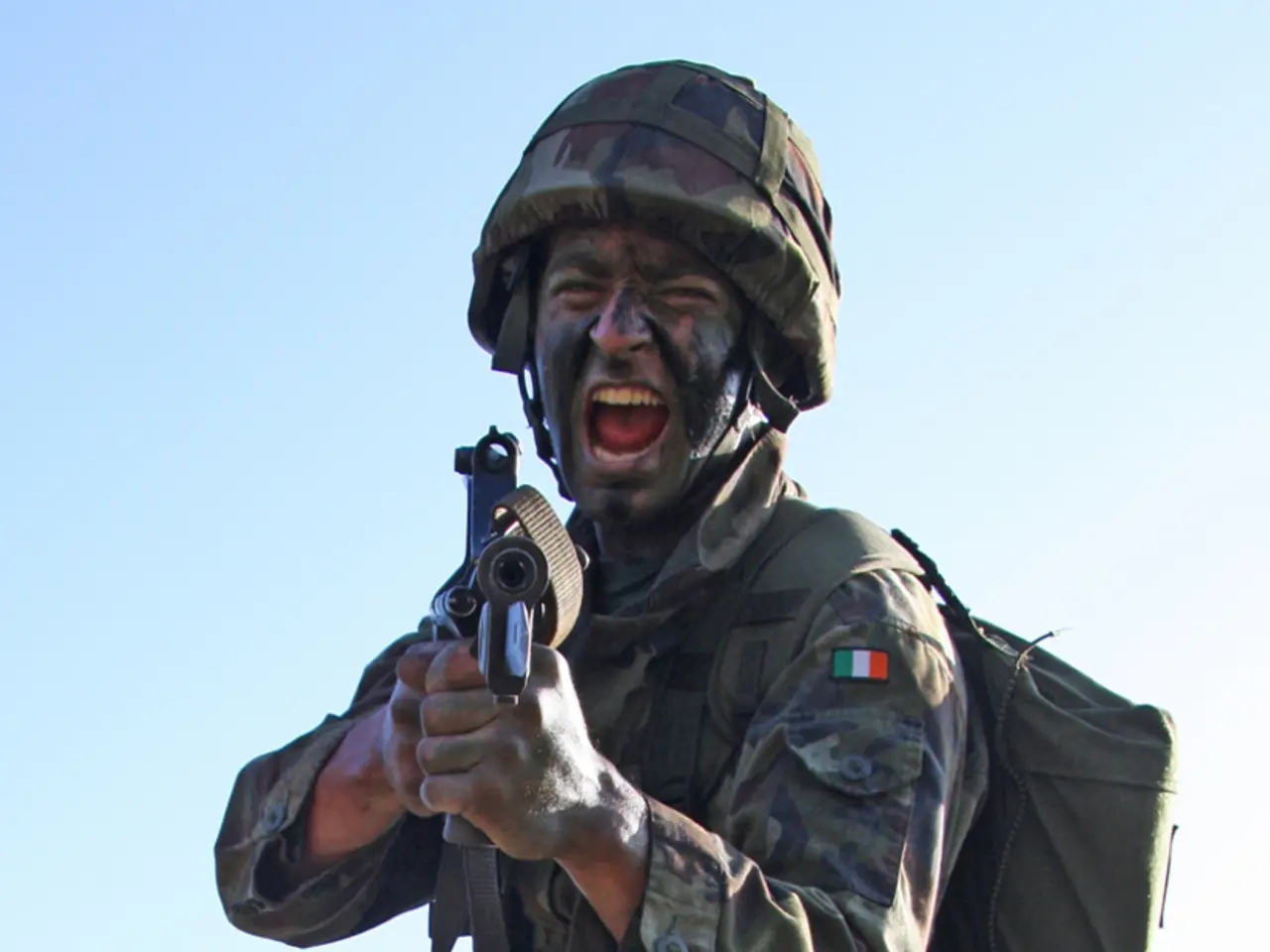Argument for Allowance of COVID-19 Vaccine Religious Exceptions
The ongoing COVID-19 pandemic has presented unique challenges for the U.S. military, with the Department of Defense (DoD) implementing vaccination requirements to protect the health and safety of its personnel. However, the issue of religious exemptions has become a topic of debate, with sincere requests being accommodated while ensuring military readiness.
The DoD policy states that it accommodates "individual expressions of sincerely held beliefs" that do not impact military readiness. This policy extends to religious beliefs, and the Army, in particular, is a values-based organization that finds strength in diversity, including religious matters of conscience.
The Army's stance on religious exemptions is rooted in the understanding that sincerely held religious beliefs are often at the core of a soldier's identity and are tied to two of the five domains of holistic health and fitness: spiritual readiness and mental readiness. However, these beliefs alone do not warrant a religious exemption. Commanders must balance the soldier's request against military necessity.
The Army has a history of dealing with deployment of soldiers with various conditions, such as diabetes or physical profile limitations, and attendance at professional military education courses. This experience indicates that accommodating religious exemptions to the vaccine mandate does not compromise military readiness.
In fact, data suggests that the COVID-19 fatality rate for the general U.S. population is ninety-one times higher than it is for active duty military personnel. As of 2020 and 2021, the Department of Defense reported thirty-one COVID-19-related deaths in its active component out of 228,661 infections, resulting in a 0.01 percent fatality rate. Furthermore, after two years of the pandemic, it is likely many unvaccinated soldiers have some level of immunity from a previous infection.
The hospitalization rate for the military due to a COVID-19 infection is only 0.66 percent, and of the 1,117,273 active cases of COVID-19 in the United States on April 19, 2022, only 0.13 percent are considered "serious" or "critical." This data supports the argument that the number of personnel religiously exempt from the vaccine would pose minimal threat to a unit's readiness.
Recently, the case for religious exemptions has gained class-action status for 4,095 Navy religious exemption requests in Texas. Federal judges in Texas, Florida, and Georgia have issued injunctions against the military for seemingly discriminating against service members' religious vaccine exemption requests.
The Roman Catholic Archbishop for the Military Services opined that denying religious accommodations or taking punitive or adverse personnel actions against those who raise earnest, conscience-based objections would be contrary to federal law and morally reprehensible. Secretary of the Army Christine Wormuth has suggested there will be a "fairly small number of people who are not granted exemptions" to the religious vaccination exemption requests.
The soldier coded as Medical Readiness Category (MRC) 2 in accordance with existing regulation remains deployable, and non-vaccinated soldiers are still deployable according to the order mandating soldiers receive the COVID-19 vaccine. The U.S. Department of Defense has the responsibility to accommodate the "individual expressions of deeply held, sincerely held religious beliefs" of military personnel, ensuring this accommodation does not adversely affect military readiness, unit cohesion, good order and discipline, or health and safety, as established in DoD Instruction 1300.17 on Religious Liberty in the Military Services.
In conclusion, while the U.S. military prioritizes the health and safety of its personnel, it also recognises the importance of accommodating sincere religious exemption requests. This balance is maintained through a careful consideration of each request, ensuring that military readiness is not compromised.
Read also:
- Nightly sweat episodes linked to GERD: Crucial insights explained
- Antitussives: List of Examples, Functions, Adverse Reactions, and Additional Details
- Asthma Diagnosis: Exploring FeNO Tests and Related Treatments
- Unfortunate Financial Disarray for a Family from California After an Expensive Emergency Room Visit with Their Burned Infant








